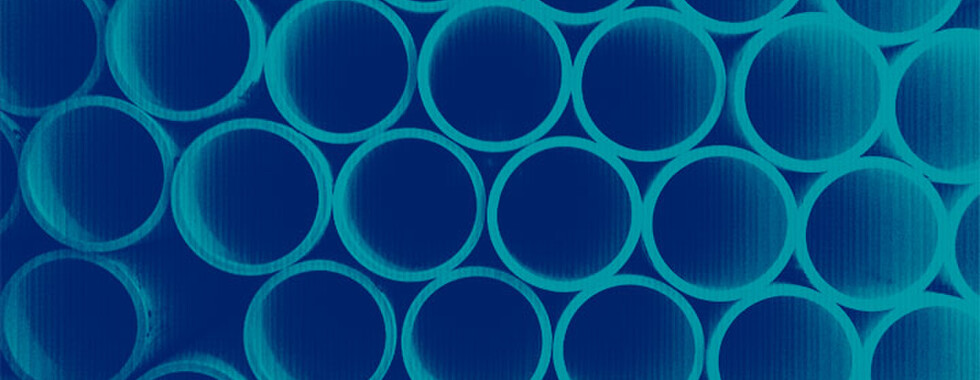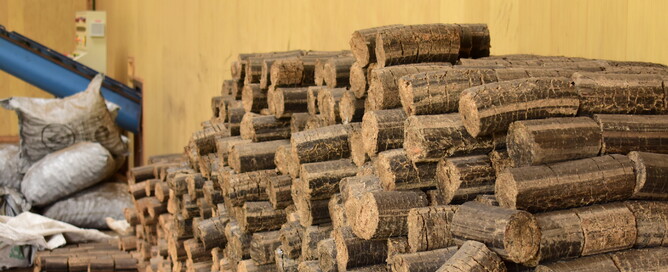In this fast-paced, consumer-driven world, we rarely take the time to talk about sewage and waste, simply because it doesn’t make for ‘polite’ conversation. So, ahead of Compost Week, we at Water Unite want to take the time to address the elephant sized pile of waste in the room - why it is such an extensive problem and what we are doing about it.
Although the current climate of “throw away” culture is finally being discouraged by the mainstream media, much work still needs to be done to tackle our ever-growing waste problem. Human waste is hardly considered a regular conversation topic, let alone a topic of sustainable investment. Having reliable sanitation services, clean water, and the accompanying infrastructure to support these commodities is generally considered a basic human right and is taken for granted. Therefore, it should be no surprise that the subject of waste and the issues that the sanitation and infrastructure industries face are rarely broached.
This issue extends beyond sector boundaries and its effects can be found in all walks of life, however its effects are most prominent in vulnerable or disadvantaged communities. It is in these regions where large amounts of capital are required to create and maintain sanitation infrastructures services. These sanitation services are often underfunded in rural communities, forcing the hand of local people to practice open defecation, sewage dumping and other unsanitary practices. Poor sanitation practices are correlated with the spread of disease, water contamination and altering local biodiversity.
Water Unite champions projects that add value to a product’s continued life cycle, whilst also providing lasting benefits to society and the environment. Sanivation, Water Unite’s latest investee, has focused their efforts on creating value from human sewage and wastewater by processing it into a renewable energy source.
Sanivation’s programme, which is based primarily in Kenya, includes the construction of treatment plants that process faecal sludge to produce charcoal-like briquettes which can be used as an alternative fuel to firewood [1]. This innovative project is paired with an ethical business plan which is financially sustainable; the cost of running the treatment plants, services and employment is met through selling its briquette energy product.
Sanivation’s energy product creates a circular economy from the human life-cycle, rather than continuing to exhibit the same ‘take-make-waste’ approach which we have adopted for far too long.
Since the start of the COVID-19 pandemic, flow of capital within the WASH sector (primarily featuring SDG 6 - Clean Water and Sanitation) for investments has decreased by 70% [2]. Although the pandemic did affect the majority of sectors for impact investment in developing countries, the infrastructure and sanitation sectors have been disproportionately affected by the pandemic.
Sanivation intersects the infrastructure and sanitation sectors whilst also creating positive impacts and even synergies which spread elsewhere. For instance, replacing firewood with briquettes as an industrial energy source discourages deforestation, contributing to SDG 15 (Life on Land) and SDG 13 (Climate Action). By creating stronger sewage treatment services and infrastructure, Sanivation are also improving the quality of water domestically in Kenya, creating a synergy that benefits local biodiversity (SDG 14 Life Under Water) and improving domestic health care (SDG 3) by preventing the spread of diseases through exposed sewage and contaminated drinking water.
By choosing to look at the problem of waste and sewage as an opportunity for creative solutions rather than just a barrier, Sanivation are helping to mitigate the impact of our presence on the world – as the build-up sewage is a direct, biological result of our continued existence and ever-growing population.
Opening up a dialogue on the subject of waste is only the first step of many, but it is an important one. Thinking deeply and introspectively about how much waste we produce, either directly and indirectly, will spark more conversation and more action on how we all can help mitigate our impact on the world. Reducing our personal impact is also only one element of this task. Looking forward, the next step is to actively create positive change and to support the pioneers of the industry who, like Sanivation, are making a positive impact that benefits society and the environment through advocating a circular economy.
References
[1] Sanivation. 2021. Sanivation. [online] Available at: <https://sanivation.com/>.
[2] United Nations (UNCTAD), 2020. SDG Investment Trends Monitor. [online] United Nations, pp.1-8. Available at: <https://unctad.org/system/files/official-document/diaemisc2020d3_en.pdfReferences Sanivation. 2021. Sanivation. [online] Available at: . United Nations (UNCTAD), 2020. SDG Investment Trends Monitor. [online] United Nations, pp.1-8. Available at: .>.

